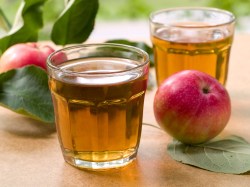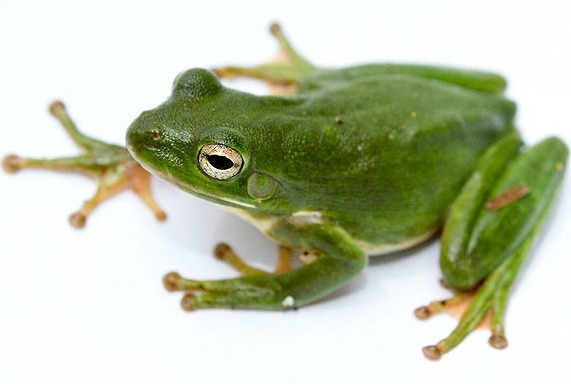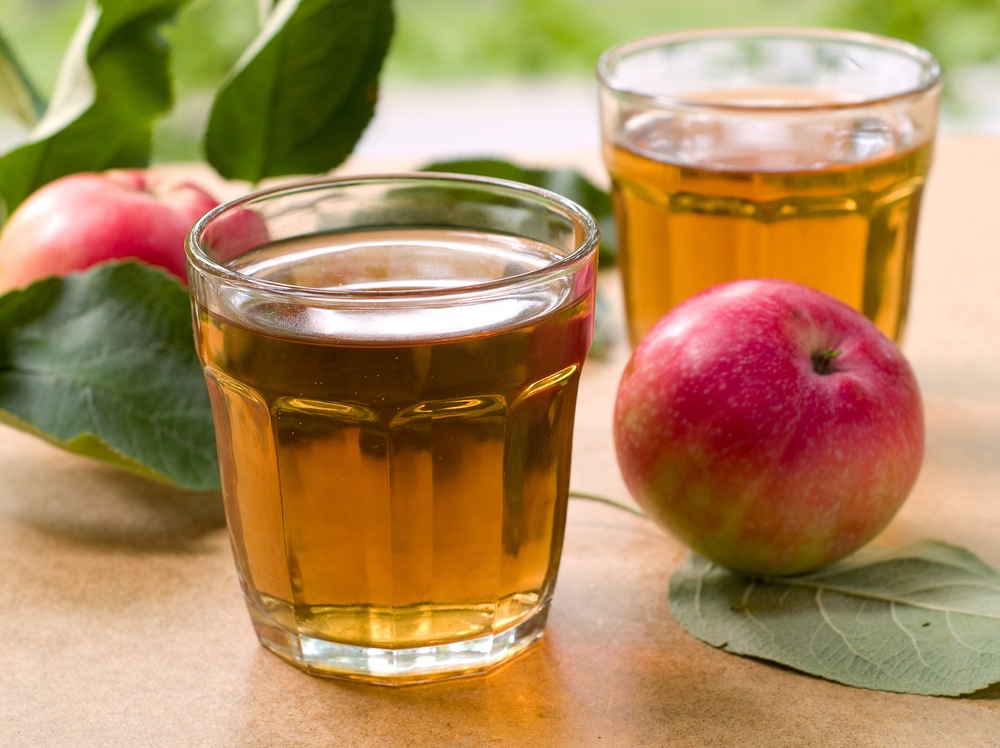
ShutterstockFinally, more apples in our arsenic juice.
Apple juice may soon be as safe to drink as tap water. (Well, except for all that sugar.)
Nearly two years after consumer groups raised alarms about elevated levels of arsenic in some brands of apple juice, the U.S. Food and Drug Administration on Friday proposed new limits on permissible levels of the chemical, which can cause cancer and other maladies.
The FDA’s proposed “action level” for inorganic arsenic in apple juice matches the EPA’s existing rules for tap water — 10 parts per billion.
From The Christian Science Monitor:
The FDA has tested arsenic in apple juice for at least 20 years and has long said the levels are not dangerous to consumers, in particular the small children who favor the fruit juice (second only to orange juice in popularity, according to industry groups).
But the agency issued a tougher stance with its announcement Friday. Under the new regulation, apple juice containing more than 10 parts per billion could be removed from the market and companies could face legal action.
The proposal follows testing by The Dr. Oz Show and Consumer Reports [PDF] that revealed that some apple juices contained more arsenic than was allowed in tap water.
WTF is arsenic doing in apple juice anyway? The Chicago Tribune explains:
Inorganic arsenic in food can come from pesticides or from soil and groundwater pollution, though some occurs naturally in the environment. Organic arsenic is viewed as relatively safe, but emerging research suggests that two types of organic arsenic may be toxic. The FDA says these occur rarely or in negligible quantities in apple juice.
It probably doesn’t help that a lot of the apple juice sold in the U.S. comes from concentrate imported from China, a country that does not have an exemplary food-safety record.




